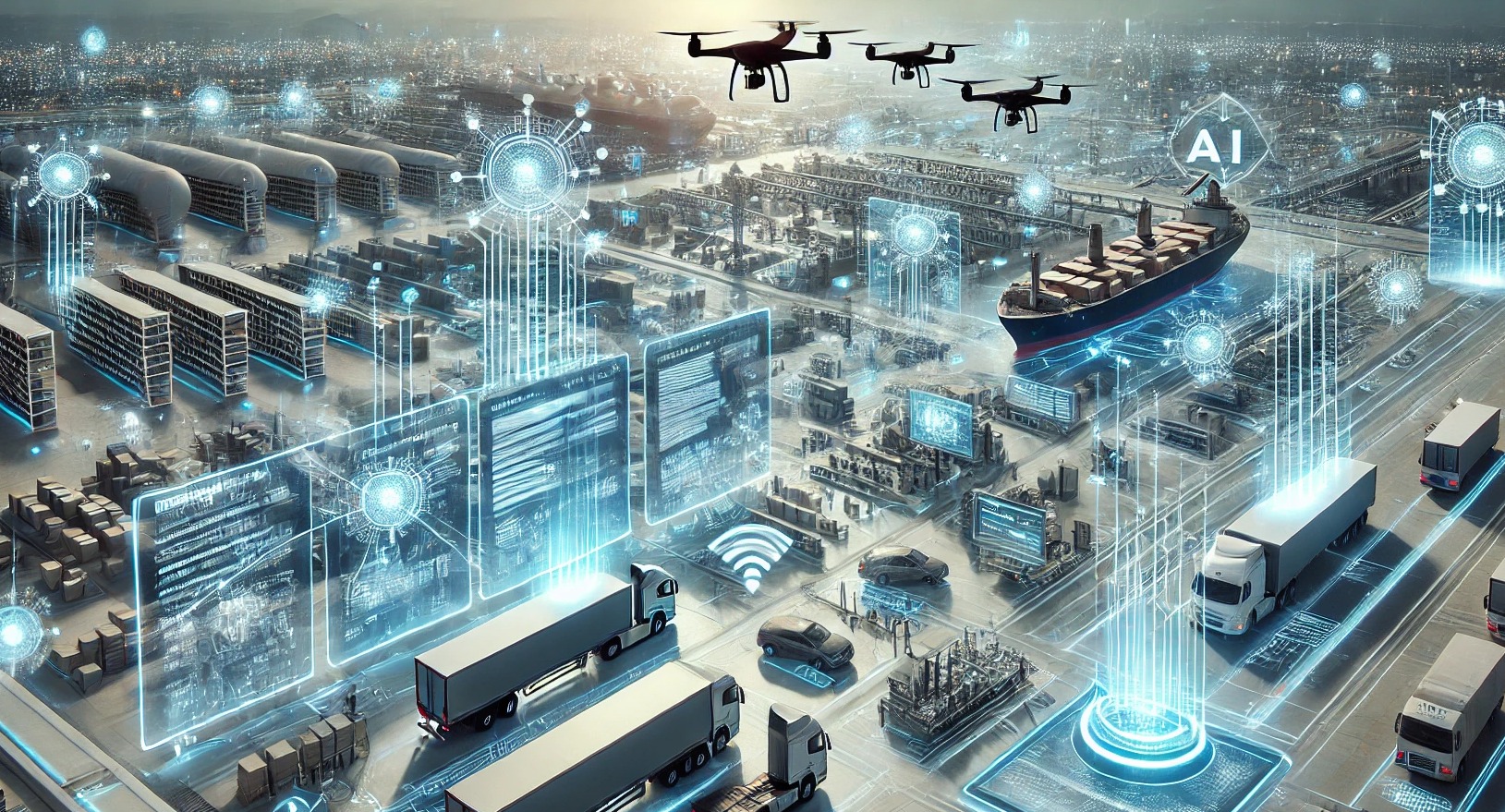Generative Intelligent Document Processing for Transportation and Logistics

KEY INFORMATION
TECHNOLOGY OVERVIEW
The Intelligent Document Processing (IDP) technology addresses a significant pain point in the transportation and logistics industries: the manual processing of non-standardized documents. Mid-size companies in these sectors often handle over 25,000 pages of mission-critical documents monthly, including commercial invoices, packing lists, and bills of lading. This manual process is not only labor-intensive and costly—exceeding $1 million annually—but also prone to data entry errors that can result in penalties and further operational inefficiencies.
The IDP solution uses Machine Learning, Computer Vision and Natural Language Processing automatically extracts, structures, and validates key information from semi-structured and unstructured documents, significantly reducing the need for human intervention. By automating these processes, companies can achieve up to an 80% reduction in operating costs and a 50% increase in productivity. The system's Generative AI ability to provide structured data also enables better analytics and decision-making, further adding value to the users.
Potential adopters of this technology include mid-size logistics companies, freight forwarders, and transportation firms seeking to streamline operations, reduce costs, and improve accuracy in their document management processes. By solving these critical issues, the IP offers a valuable solution in a marketplace urgently needing efficient and scalable document processing tools.
TECHNOLOGY FEATURES & SPECIFICATIONS
The Intelligent Document Processing (IDP) technology consists of several core components:
- Advanced Optical Character Recognition (OCR) Engine: This component accurately captures text from a variety of document formats, including PDFs, images, and scanned documents, even when they are of poor quality or contain complex layouts.
- Natural Language Processing (NLP) Algorithms: These algorithms are used to understand and interpret the extracted text, allowing the system to identify and categorize key information such as item descriptions, quantities, prices, and shipping details.
- Machine Learning Models: The technology uses machine learning to continuously improve its accuracy and efficiency in recognizing and extracting data from semi-structured and unstructured documents. This includes the ability to learn from user corrections and adapt to new document types.
- Data Validation and Reconciliation Engine: This feature cross-checks extracted data against existing records and databases to ensure accuracy and consistency, reducing the likelihood of errors and discrepancies.
- Integration APIs: These allow seamless integration with existing enterprise systems, such as ERP and CRM platforms, facilitating automated data entry and real-time updates.
POTENTIAL APPLICATIONS
This Intelligent Document Processing (IDP) technology can be deployed across various industries that deal with large volumes of complex documents, particularly in the transportation and logistics sectors. Key applications include:
1. Customs Brokers, Transporters, Carriers, and Freight Forwarders: The technology automates the processing of incoming documents, such as commercial invoices, packing lists, and bills of lading. This automation facilitates the creation of entries and shipments, optimizing business process flows by reducing manual data entry, minimizing errors, and speeding up transaction times.
2. Maritime Port Authorities: The IDP technology can be used to provide comprehensive visibility into port activities by automatically processing and organizing data from cargo manifests, hazmat documents, and statements of effects. This enhanced visibility allows port authorities to monitor cargo movements, ensure compliance with safety regulations, and optimize operational efficiency.
Marketable Products Based on This Technology:
1. Automated Document Management Systems: Tailored for logistics companies to streamline their document processing workflows.
2. Compliance and Regulatory Reporting Tools: Designed for port authorities and other regulatory bodies to ensure accurate data collection and reporting.
3. Data Analytics Platforms: Offering advanced analytics and insights from the structured data extracted by the IDP technology, aiding in decision-making and operational planning.
Unique Value Proposition
The technology goes beyond the current "State-of-the-Art" by not only extracting data from documents but also interpreting this data within a business context to fully automate workflows. Traditional solutions often stop at data extraction, leaving the interpretation and integration into business processes to manual effort or separate systems.
This technology uniquely combines advanced OCR, NLP, and machine learning to understand the nuances of business documents, such as identifying specific items, terms, and conditions that are critical for decision-making. By contextualizing the data, it enables automatic validation, reconciliation, and integration into enterprise systems like ERP and CRM platforms. This end-to-end automation reduces manual intervention, cuts down on errors, and accelerates processing times, thereby optimizing operational efficiency.
The Unique Value Proposition (UVP) of this technology lies in its ability to not just handle data but to make it actionable, providing businesses with a seamless, automated solution that enhances productivity, reduces costs, and enables more informed decision-making. This holistic approach sets it apart from other solutions that focus solely on data extraction without providing the means to utilize that data effectively within existing business processes.
